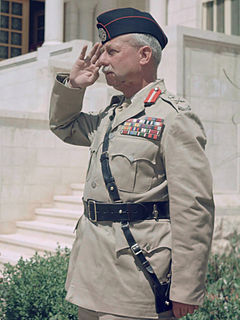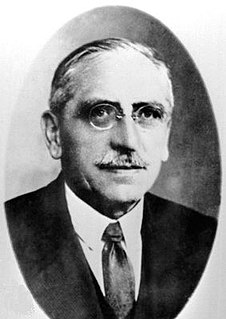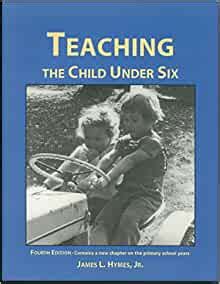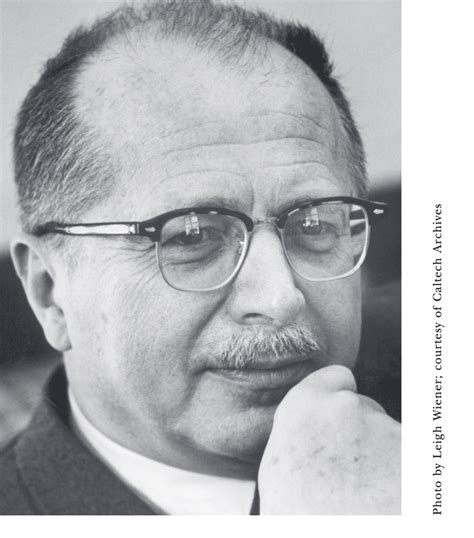A Quote by John Bagot Glubb
Khalif (Caliph) Al-Ma'mun's period of rule (813 - 833 C.E.) may be considered the 'golden age' of science and learning. He had always been devoted to books and to learned pursuits. His brilliant mind was interested in every form of intellectual activity. Not only poetry but also philosophy, theology, astronomy, medicine and law all occupied his time.
Related Quotes
From it genesis twelve hundred years ago to today, Islamic philosophy (al-hikmah; al-falsafah) has been one of the major intellectual traditions within the Islamic world, and it has influenced and been influenced by many other intellectual perspectives, including Scholastic theology (kalam) and doctrinal Sufism (al-ma'rifah or al-tasawwuf al-'ilmi) and theoretical gnosis ('irfan-i nazari).
In adopting the form of the adventure novel, Wells deepened it, raised its intellectual value, and brought into it elements of social philosophy and science. In his own field - though, of course, on a proportionately lesser scale - Wells may be likened to Dostoyevsky, who took the form of the cheap detective novel and infused it with brilliant psychological analysis.
It is time for the scientific community to stop giving alternative medicine a free ride There cannot be two kinds of medicine — conventional and alternative. There is only medicine that has been adequately tested and medicine that has not, medicine that works and medicine that may or may not work. Once a treatment has been tested rigorously, it no longer matters whether it was considered alternative at the outset. If it is found to be reasonably safe and effective, it will be accepted.
A child in his earliest years, when he is only two or a little more, is capable of tremendous achievements simply through his unconscious power of absorption, though he is himself still immobile. After the age of three he is able to acquire a great number of concepts through his own efforts in exploring his surroundings. In this period he lays hold of things through his own activity and assimilates them into his mind.
After the birth of printing books became widespread. Hence everyone throughout Europe devoted himself to the study of literature... Every year, especially since 1563, the number of writings published in every field is greater than all those produced in the past thousand years. Through them there has today been created a new theology and a new jurisprudence; the Paracelsians have created medicine anew and the Copernicans have created astronomy anew. I really believe that at last the world is alive, indeed seething, and that the stimuli of these remarkable conjunctions did not act in vain.
How could the human mind progress, while tormented with frightful phantoms, and guided by men, interested in perpetuating its ignorance and fears? Man has been forced to vegetate in his primitive stupidity: he has been taught stories about invisible powers upon whom his happiness was supposed to depend. Occupied solely by his fears, and by unintelligible reveries, he has always been at the mercy of priests, who have reserved to themselves the right of thinking for him, and of directing his actions.
Mathematicians have never been in full agreement on their science, though it is said to be the science of self-evident verities -- absolute, indisputable and definitive. They have always been in controversy over developing aspects of mathematics, and they have always considered their own age to be in a period of crisis.
In every system of theology, therefore, there is a chapter De libero arbitrio. This is a question which every theologian finds in his path, and which he must dispose of; and on the manner in which it is determined depends his theology, and of course his religion, so far as his theology is to him a truth and reality
It's better to emphasize biblical theology, partly because there are fine Study Bibles already available that lean into systematic theology, and partly because biblical theology is particularly strong at helping readers see how the Bible hangs together in its own categories: that is, God in his infinite wisdom chose to give us his Word in the 66 canonical books, with all of their variations in theme, emphasis, vocabulary, literary form, and distinctive contributions across time.
If the statistics are right, the Jews constitute but one percent of the human race. It suggests a nebulous dim puff of star dust lost in the blaze of the Milky Way. Properly the Jew ought hardly to be heard of, but he is heard of, has always been heard of. He is as prominent on the planet as any other people, and his commercial importance is extravagantly out of proportion to the smallness of his bulk. His contributions to the world's list of great names in literature, science, art, music, finance, medicine, and abstruse learning are also away out of proportion to the weakness of his numbers.
Play for young children is not recreation activity, It is not leisure-time activity nor escape activity. Play is thinking time for young children. It is language time. Problem-solving time. It is memory time, planning time, investigating time. It is organization-of-ideas time, when the young child uses his mind and body and his social skills and all his powers in response to the stimuli he has met.
At the age of three I began to look around my grandfather's library. My first knowledge of astronomy came from reading and looking at pictures at that time. By the time I was six I remember him buying books for me. ... I think I was eight, he bought me a three-inch telescope on a brass mounting. ... So, as far back as I can remember, I had an early interest in science in general, astronomy in particular.
In Dogen's writing, the practical instruction, philosophy and poetry are together in one voice. People hear about his poetry, go to his work, and expect to find poetry, or they hear about his philosophy and expect to find philosophy. They look just for practical instruction and find poetry and philosophy. They can't make out the complexity of his writing, become frustrated and let him go.





































